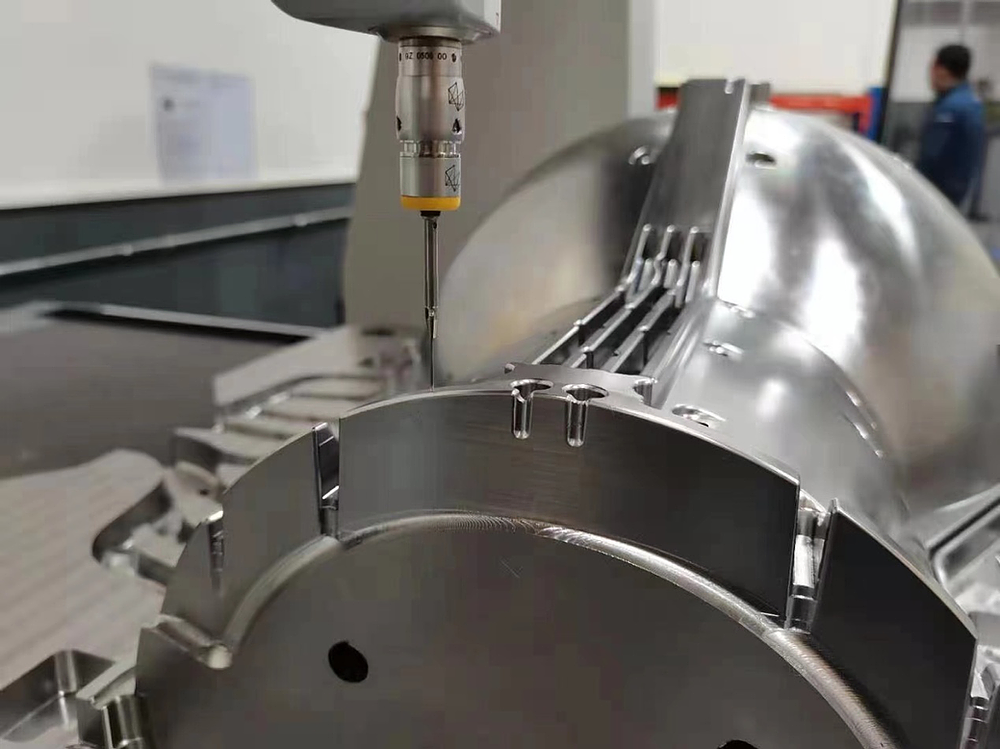
A comprehensive Guide on choosing the Appropriate Aluminum Alloys for Die Casting
Most experts recommend die casting with aluminum as the most environmentally friendly and cost-effective metal production method. When producing metal parts, having a process that’s cost-effective and highly productive is essential. However, you’ll have to be keen to get the appropriate die casting alloys aluminium for the process.
It might be a daunting task to choose between the different aluminum alloys available in the market. This article outlines some information on the different aluminum alloys available to help you choose the proper one for the die casting.
A380 Aluminum Alloy
Before choosing this aluminum alloy, it’s essential to understand that it’s a lightweight alloy, but most manufacturers commonly use it. The reason being the alloys have some best combinations of their mechanical and physical properties for the die casting process. Among the properties is the higher resistance to corrosion, pressure, and high temperatures.
This die casting alloys aluminium also has got excellent dimensional stability. Therefore, you can use it to make complex shapes on thin walls. Lastly, the alloy is an excellent thermal and electrical conductor. When choosing the best alloy for your die casting process, the A380 can provide the best option due to its good features like the highly durable, resistant to adverse conditions.

A383 Aluminum alloys
It’s common in most metal processing industries because of its high strength during the die casting process. The manufacturers use this alloy for the fabrication of intricate components. These are components for which you need very precise die-filling characteristics. This alloy has greater strength and resistance for high temperatures; thus, it doesn’t easily crack even when exposed to high temperatures.
The metal experts modified the aluminum A380 to come up with this alloy. It’s essential only to use the alloy during special considerations. For example, if the process requires a die filling property, you can’t obtain it from the parent alloy. These alloys don’t offer high durability features; thus, you can only use them in limited circumstances during the die casting process.
Aluminum alloy 360
This alloy presents more difficult features than the aluminum alloys A380 and A383. That’s the main reason why most of the manufacturers try to avoid it. The aluminum alloys usually have complex die casting procedures, requiring additional resources and time for metal production.
Nevertheless, this alloy has higher strength, better elasticity, higher temperature resistance, and a higher corrosion resistance property. The use of this alloy will majorly depend on the casting requirements and abilities. Compared to the other two die casting alloys aluminum, it has superior pressure tightness and corrosion resistance.
Conclusion
When producing metals, die casting for aluminum is one of the methods most manufacturers use because of its numerous benefits. This die casting method provides for a cost-effective, environmentally-friendly, and efficient metal production method. However, for the effectiveness of the process, it’d be good to choose the appropriate die casting alloys aluminium for the die casting. It’s essential to consider checking the properties of the different aluminum alloys before you choose the one that suits your die casting process.




